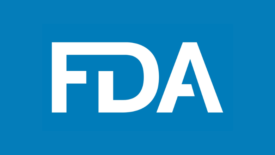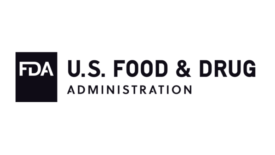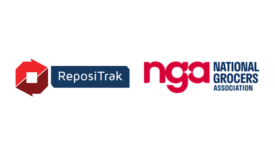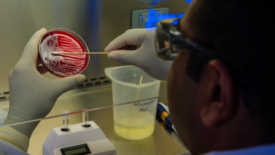Home » FSMA
Articles Tagged with ''FSMA''
BIZTRACKS
Large Retailer in U.S. Midwest Selects ReposiTrak for Traceability
December 7, 2022
Evolving Relationships Between Food Processors and Regulatory Agencies
Processors speak out about how they are coping with regulatory demands now that FDA has resumed in-person inspections
October 11, 2022
Dairy HACCP Through the Years
The dairy industry has seen many regulatory changes, including the incorporation of the FSMA Preventive Controls Rule within the Pasteurized Milk Ordinance
October 11, 2022
Never miss the latest news and trends driving the food safety industry
eNewsletter | Website | eMagazine
JOIN TODAY!Copyright ©2025. All Rights Reserved BNP Media.
Design, CMS, Hosting & Web Development :: ePublishing



.png?height=168&t=1669139048&width=275)







